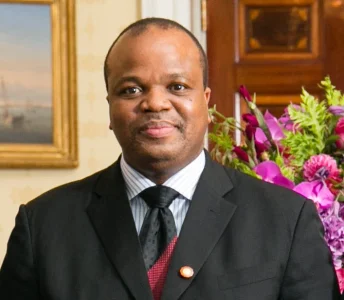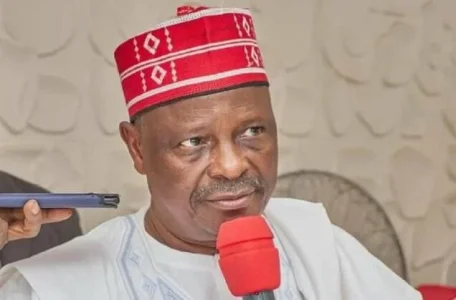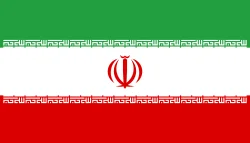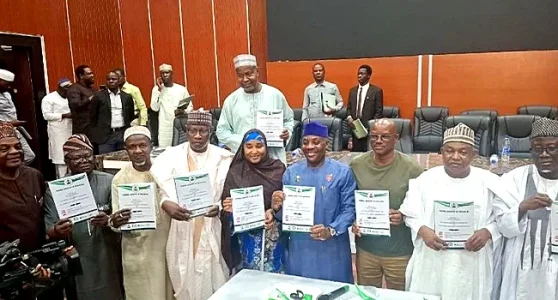The Kingdom of Eswatini, Africa's last absolute monarchy, recently conducted parliamentary elections. However, the essence of democracy appeared watered down, as political parties were prohibited from participating, as reported by The South African.

Mswati III is Ngwenyama of Eswatini and head of the Swazi royal family.
The country's constitution emphasizes "individual merit" for selecting lawmakers, ensuring they are not affiliated with political groups. King Mswati III, who wields significant power, remains pivotal in the election process. The election, which has about 585,000 registered voters, will see 59 members joining the lower house of parliament, primarily serving an advisory role to the monarch.
For Nigerians, Eswatini's political scenario offers valuable insights. As Nigeria debates the potential constitutional roles of its numerous traditional leaders, it's essential to consider the balance of power. While Nigeria's diverse ethnic landscape and federal structure prevent the rise of an absolute monarch, the Eswatini situation underscores the importance of ensuring that any enhanced roles for traditional leaders don't undermine the democratic process.
Thantaza Silolo, a spokesperson for Eswatini's most prominent opposition group, commented on their nation's limited democratic practices. Such sentiments remind Nigeria to tread cautiously, ensuring that the inclusion of traditional leaders in governance respects the principles of democracy, representation, and checks and balances.
As Nigeria continues its discussions, the Eswatini elections stand as a testament to the complexities of blending traditional leadership with modern democratic governance. It's a call for Nigeria to craft a model that respects its rich cultural heritage while upholding democratic values.

Mswati III is Ngwenyama of Eswatini and head of the Swazi royal family.
The country's constitution emphasizes "individual merit" for selecting lawmakers, ensuring they are not affiliated with political groups. King Mswati III, who wields significant power, remains pivotal in the election process. The election, which has about 585,000 registered voters, will see 59 members joining the lower house of parliament, primarily serving an advisory role to the monarch.
For Nigerians, Eswatini's political scenario offers valuable insights. As Nigeria debates the potential constitutional roles of its numerous traditional leaders, it's essential to consider the balance of power. While Nigeria's diverse ethnic landscape and federal structure prevent the rise of an absolute monarch, the Eswatini situation underscores the importance of ensuring that any enhanced roles for traditional leaders don't undermine the democratic process.
Thantaza Silolo, a spokesperson for Eswatini's most prominent opposition group, commented on their nation's limited democratic practices. Such sentiments remind Nigeria to tread cautiously, ensuring that the inclusion of traditional leaders in governance respects the principles of democracy, representation, and checks and balances.
As Nigeria continues its discussions, the Eswatini elections stand as a testament to the complexities of blending traditional leadership with modern democratic governance. It's a call for Nigeria to craft a model that respects its rich cultural heritage while upholding democratic values.




